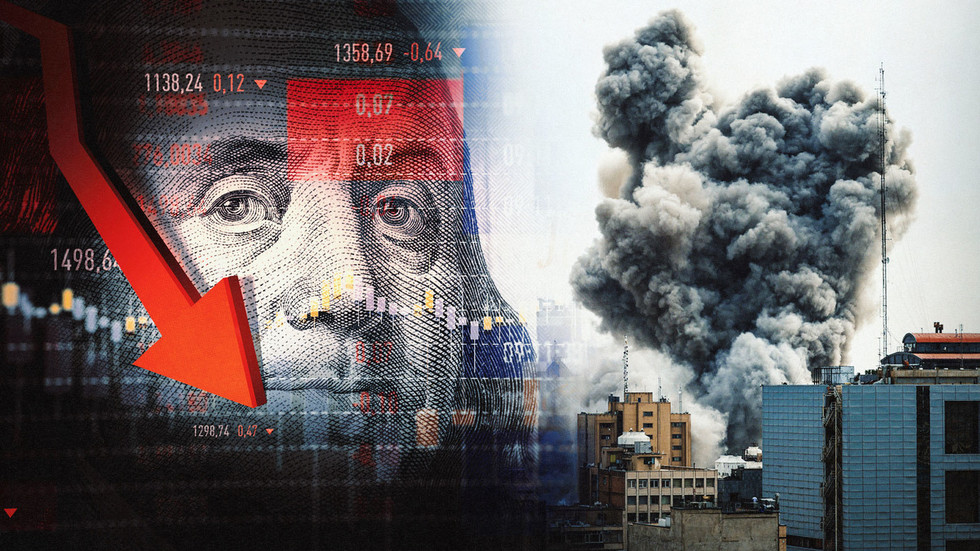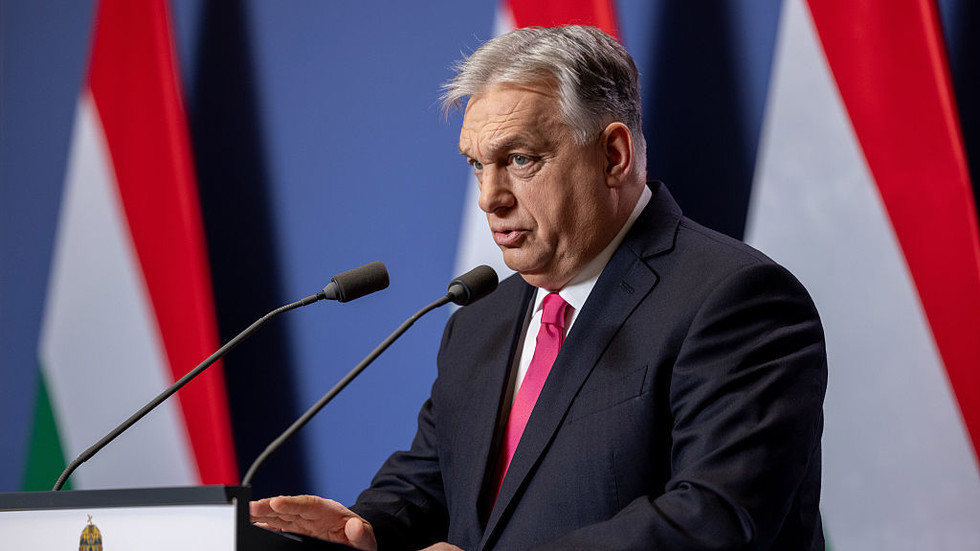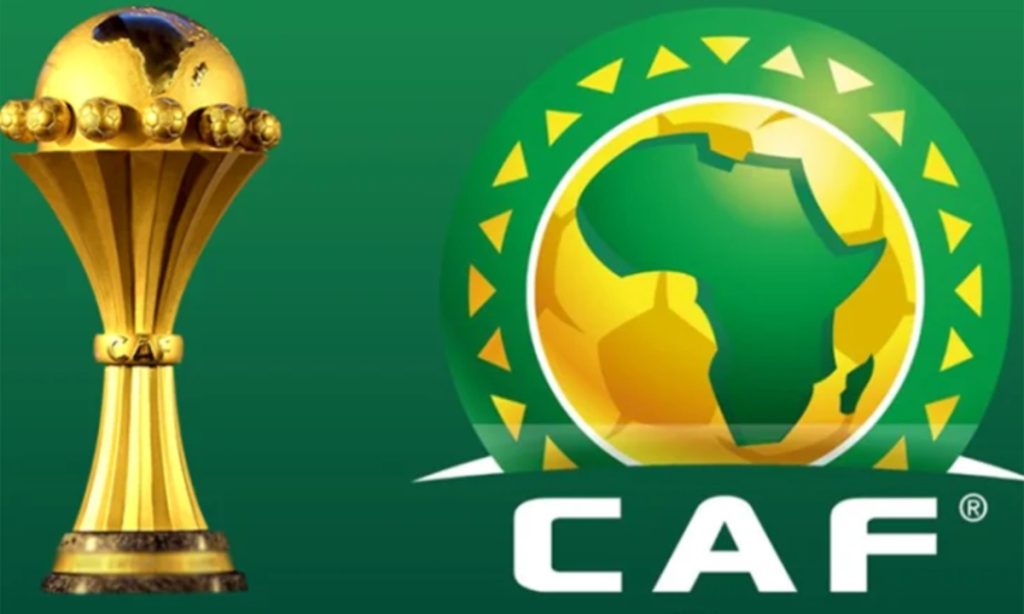Russia has enacted a comprehensive ban on gasoline exports, expanding restrictions to include all petroleum producers in an effort to stabilize domestic fuel prices amid surging demand. The embargo, announced by the government on Tuesday, takes effect July 29 and will remain until late August, with potential extension into September. This follows a partial export ban earlier this year that exempted major refineries producing over 1 million tons annually, applying only to traders, depots, and smaller facilities.
The move comes as wholesale gasoline prices climb steadily. Data from the St. Petersburg Mercantile Exchange (SPIMEX) reveals sharp increases in fuel costs across Russia’s European regions since early summer, with AI-92 gasoline rising 14.8% and AI-95 surging 23% since June. Year-over-year, prices for these grades have jumped 27.2% and 40.8%, respectively. Retail prices also edged upward by 0.3% between July 15–21, contrasting with Russia’s first recorded deflation this year of 0.05% in the same period.
Authorities attribute the export restrictions to seasonal pressures, including heightened agricultural activity and summer travel, which strain domestic supply. A government statement stressed the measures aim to “ensure stability” during peak demand periods, requiring oil firms to prioritize local markets and increase stock availability. Analysts note the policy aligns with recurring administrative strategies to temper price volatility, often lifted once markets stabilize.
Industry experts point to multiple factors driving costs: logistical challenges, refinery maintenance cycles, and January’s excise tax hikes on gasoline and diesel. While the Energy Ministry maintains the market remains balanced, critics highlight persistent inflationary risks. Notably, the ban excludes preexisting intergovernmental agreements, allowing continued shipments to the Eurasian Economic Union nations — Armenia, Belarus, Kazakhstan, and Kyrgyzstan — as well as Mongolia, Uzbekistan, and the contested territories of Abkhazia and South Ossetia.
Market observers suggest the escalation from partial to full restrictions reflects efforts to counterbalance structural strains exacerbated by Western sanctions and internal economic pressures. The decision, reportedly under discussion since late June according to Russian business daily RBK, underscores Moscow’s tightening control over energy resources amid geopolitical tensions. As global oil markets monitor the move, analysts anticipate the measures will temporarily ease local price pressures while testing Russia’s capacity to balance export revenues with domestic stability.


